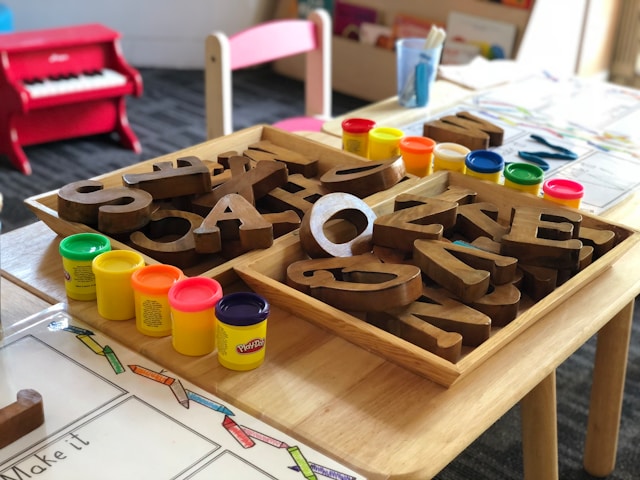Importance of a Life Insurance Policy
A life insurance policy is an essential financial investment to protect your family’s financial future. Savings alone cannot cover your family’s expenses for several years or decades. There are many different types of life insurance policies to consider.
Impact of life insurance on surviving loved ones
Life insurance can make a difference in a family’s life, especially after the death of a parent. Even if the family has a low income, life insurance can help offset the impact of the end. There are many other reasons for owning life insurance, including protecting your family in various situations. After your death, your loved ones will likely face many financial challenges and complications. Life insurance can help reduce this burden by paying a death benefit and protecting your family from losing their home or other valuable assets.
Individuals of all ages commonly hold life insurance. However, older adults are more likely to have policies. They pay monthly or annual premiums for a policy that pays out a death benefit if you die. Additionally, a life insurance policy may influence your eligibility for Medicaid benefits.
Cash value accrual
If you want to increase your money in your life insurance Newark DE, you may want to consider a cash value policy. These policies have a cash value component, which can be used to make loans and withdrawals when needed. However, they have a higher premium than a term life insurance policy, and the number of tips you pay will depend on your chosen policy.
One of the most important aspects of a cash value policy is that you can borrow against it if necessary. It helps pay off your mortgage early, cover your child’s college tuition, or go on vacation. However, you should know that any loan taken against your policy will reduce your death benefit. In addition, if you borrow against the cash value, the lender may charge you interest on it.
Cash surrender value
The cash surrender value of a life insurance policy is the amount of money you can access if you want to cancel your policy. However, you have to be aware of the fees that are involved. The insurer will charge you for cashing out the money you have in the policy, and this fee will be deducted from the cash surrender value. This fee will depend on the plan, and the time you have had the policy in force. It can range from ten to 35 percent of the policy’s cash value.
You should not mistake taking the cash surrender value if you have dependents. Leaving the policy unpaid could lower your death benefit, so it is better to keep up payments. If possible, you should also make an adult child beneficiary on your policy so that they will receive the death benefit if you die. The documentation for your policy will note the percentage of cash surrender value and any other applicable fees.
Term vs permanent policy
When choosing between a term life insurance policy and a permanent one, you must consider your long-term financial goals and your family’s financial situation. Term insurance offers affordable coverage for short periods, while permanent policies are designed to provide lifetime coverage and cash value. In addition, permanent policies have an added benefit: dividends that can be used to offset premium payments.
Some term policies have a conversion option that allows you to switch to permanent coverage in the future. With a permanent policy, an investment and savings component grows tax-deferred over time. You can borrow against this value while you’re still alive, reducing the death benefit. If you die before converting your policy, the cash value will revert to the insurance company, and the death benefit will go to your beneficiary.
Choosing a beneficiary
Choosing a beneficiary is a critical step when creating a life insurance policy. You should review the policy beneficiaries periodically, especially after significant life events. Mistakes can include not listing the correct contact information, a former spouse, or a legal guardian when a child is no longer a minor. It is also essential to ensure that your beneficiaries will receive the death benefit if you die.
It would be best if you chose the beneficiary based on your specific situation. You may need the money to cover your funeral expenses, or you may want to give it to a charity or a trust for your children. In either case, you should choose as specific a beneficiary as possible. Otherwise, your insurer may be unable to determine who should receive the proceeds.









